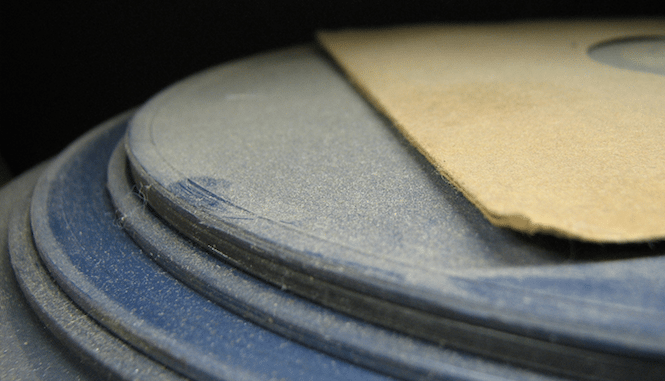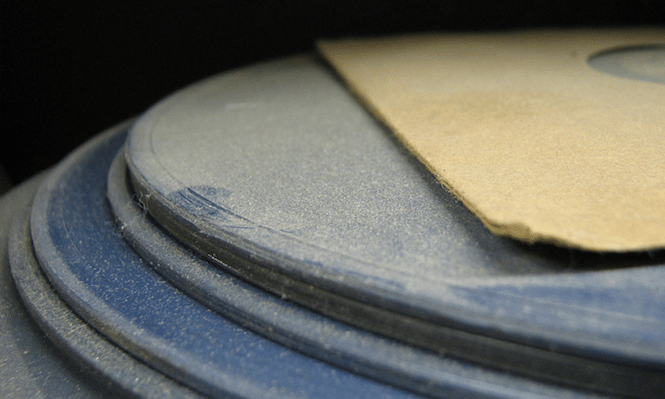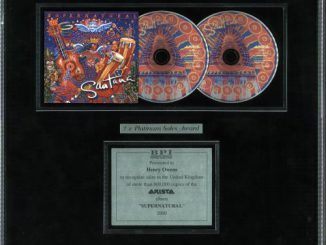
Stressed out by the idea of lathering your first editions in wood glue? Don’t fancy spending a packet on a cleaning machine? Paul Rigby offers eight easy and affordable ways to keep your records in good nick.
Words: Paul Rigby
“Oh, I can’t stand vinyl. All those clicks and hiss and noise and things.” In the majority of cases (not all, I grant you that) the source of this criticism is dirty vinyl, bunged up with so much rubbish that the poor stylus has to battle through the groove like a digitised hero in a beat’em-up computer game.
If you look after your vinyl, then there is no reason why your new, quiet record shouldn’t stay quiet for many, many years. More than that, giving second hand records a thorough cleaning will drastically reduce any noise that you hear.
Using a record cleaning machine is the best way to clean a record but they are often prohibitively expensive. Fortunately, there are plenty of cheaper, manual methods of record cleaning that do a great job. What follows is a broad selection of the different types of cleaning gadgets that you can buy.
Before we get to that, though, allow me to remove a few myths. There are certain things that you should most definitely avoid when cleaning vinyl. The most contentious of the lot and one that will have a few readers and some hi-fi journalists up in arms is pure, isopropyl alcohol (as opposed to the remnants of your last vodka and tonic). This stuff can be disastrous for vinyl. The problem is, it also lies within many commercial record cleaning products, so look carefully at the ingredients before you use them. Pure alcohol strips away much of the rubbish and gunge from grooves – which is great – but it also removes the protective coating that rests on the groove walls/floor. I don’t mean the oft talked about ‘release agent’ that a record pressing plant utilises and is often left to bung up vinyl grooves, either. Once that essential protective layer is gone, music sounds harsh and brittle. I’ve done a series of sound tests to prove this phenomenon. Initially, alcohol-cleaned records sound great. After the third or fourth clean, they sound terrible. By then, though, it’s too late and your record has been irretrievably scarred.
Another no-no is commercial cleaning products (i.e. sprays, liquids and the like) hanging around your kitchen. They can often attack the vinyl itself or, at the very least, block your grooves with more rubbish than they remove.
Also, do not rinse vinyl under a tap. You risk damaging the fragile record label. Tap water also includes plenty of impurities which re-infect record grooves.
Finally, new records need cleaning too. They are normally infested with dust – even on a micro level – plus that oily pressing plant release agent I mentioned earlier.
Now, onto the good stuff… click here to read the rest of the article.




magicwhats on